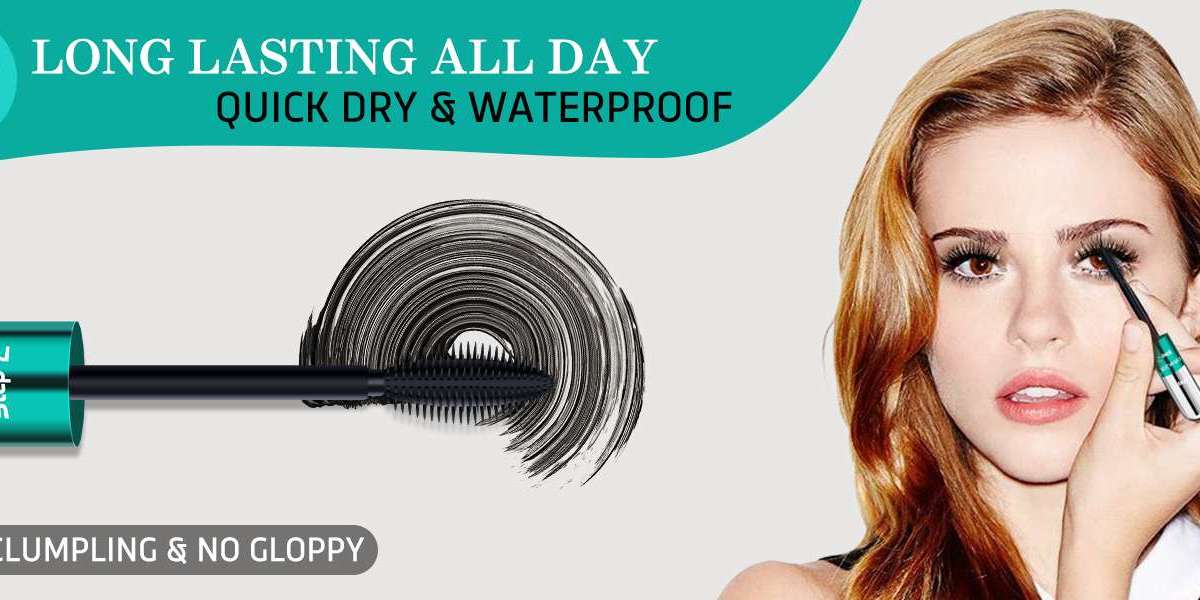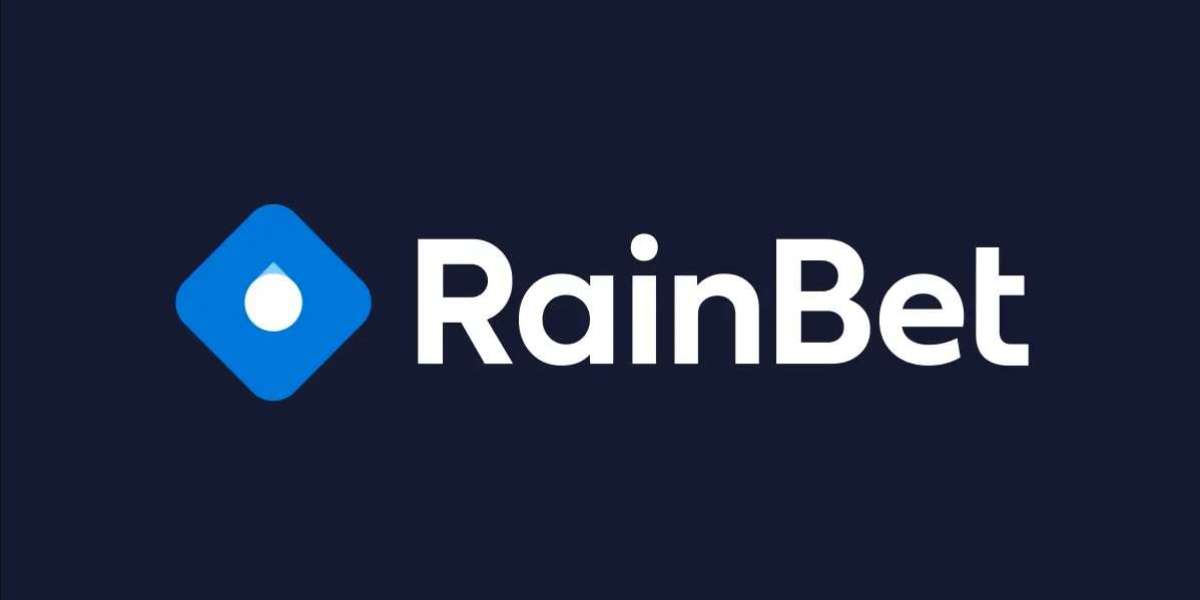Understanding Drug Addiction
Drug addiction is a complex and chronic condition that affects millions of people in New Jersey and across the country. It often leads to devastating consequences, not just for the individuals struggling with substance use disorders (SUDs) but also for their families and communities. Recognizing the need for effective treatment, New Jersey offers a variety of drug rehab programs designed to help individuals reclaim their lives and achieve lasting recovery with nj drug rehab.
Types of Drug Rehab Programs in New Jersey
New Jersey provides a wide range of drug rehab options to cater to different needs and circumstances:
Inpatient Rehab: Inpatient programs require individuals to stay at a treatment facility for a set duration, typically ranging from 30 to 90 days. This immersive approach offers 24/7 medical supervision, structured therapy, and a supportive environment free from external triggers.
Outpatient Rehab: Outpatient programs allow individuals to receive treatment while living at home. This flexible option is ideal for those with milder addictions or those transitioning from inpatient care. Patients attend therapy sessions and support groups on a scheduled basis, enabling them to maintain their daily responsibilities.
Partial Hospitalization Programs (PHP): PHPs offer a middle ground between inpatient and outpatient care. Participants engage in intensive treatment during the day but return home at night, allowing them to benefit from structured support while gradually reintegrating into their daily lives.
Detoxification Services: Many rehab centers in New Jersey provide medically supervised detox services to help individuals safely manage withdrawal symptoms as they stop using drugs. This initial step is crucial for laying the foundation for further treatment.
Holistic and Alternative Therapies: Some rehab facilities incorporate holistic approaches, including yoga, meditation, nutritional counseling, and art therapy. These methods aim to support overall well-being and promote a more comprehensive healing process.
Support Groups: Peer-led support groups, such as Narcotics Anonymous (NA), play a vital role in recovery. These groups provide a sense of community, accountability, and encouragement, helping individuals stay committed to their sobriety.
The Drug Rehab Process
The journey through drug rehab typically involves several key steps:
Assessment: Upon admission, individuals undergo a comprehensive evaluation to assess their substance use history, mental health status, and any co-occurring disorders. This assessment helps create a personalized treatment plan.
Detoxification: For those requiring detox, medical professionals monitor the process to manage withdrawal symptoms safely. This phase ensures individuals are physically stable before proceeding with therapy.
Therapeutic Interventions: Following detox, individuals participate in various therapeutic approaches. These may include individual therapy, group therapy, and family therapy, focusing on understanding the underlying issues related to addiction and developing healthier coping mechanisms.
Skill Development: Rehab programs often include life skills training, emphasizing stress management, communication, and relapse prevention strategies. These skills are essential for maintaining sobriety after treatment.
Aftercare Planning: As individuals near the end of their rehab stay, the focus shifts to preparing for life outside the facility. Aftercare planning involves discussing ongoing therapy, support group options, and resources for continued support.
Choosing the Right Drug Rehab Center in New Jersey
When searching for a drug rehab center in New Jersey, consider the following factors:
Accreditation and Licensing: Ensure the facility is accredited and licensed by relevant organizations, indicating a commitment to quality care.
Treatment Approaches: Research the specific therapies and programs offered to find one that aligns with your needs and preferences.
Location: Decide whether you prefer a facility close to home for family support or a location further away to minimize local triggers.
Insurance Coverage: Check with your insurance provider to understand what treatment options are covered and any potential out-of-pocket costs.
Success Rates: Inquire about the facility's success rates and read reviews or testimonials from former patients to gauge the effectiveness of the program.
Community Support and Recovery Success
Many individuals in New Jersey have successfully completed drug rehab programs, finding support not only within treatment facilities but also in their communities. Engaging in support groups and building a network of sober friends can significantly enhance the chances of long-term recovery.
Conclusion
New Jersey drug rehab programs offer vital resources for individuals seeking to overcome substance use disorders. With a focus on comprehensive care, medical support, and therapeutic intervention, these programs provide the foundation necessary for lasting change. If you or someone you know is struggling with drug addiction, reaching out to a rehab center can be the first step toward a healthier, sober future. Remember, recovery is a journey, and support is available every step of the way.






